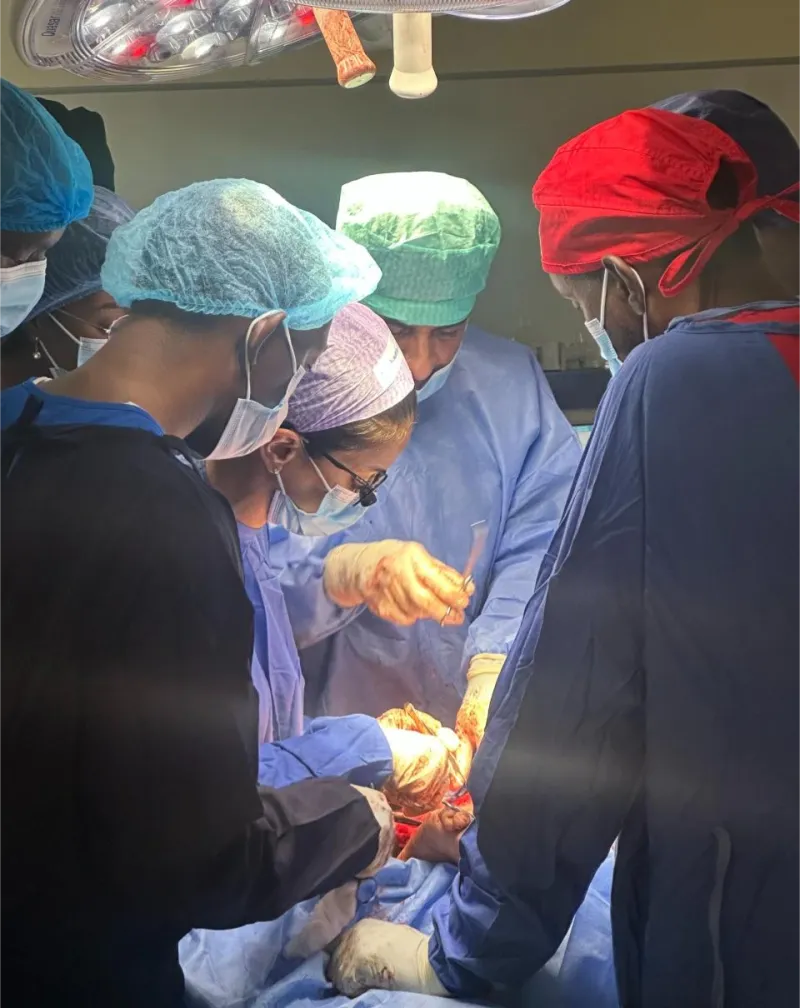
Specialists at Mulago National Referral Hospital have successfully conducted surgeries on nine patients with severe open fractures using a new collaborative model that allows orthopaedic and plastic surgeons to operate together in a single procedure.
Among the nine cases were two children, aged six and nine, who suffered serious open fractures from boda boda accidents. Some patients were mobilised from the Surgical Emergency Department at Mulago, while others were referred from the Injury Unit at Kiruddu National Referral Hospital.
According to Dr Joseph Malagala, an orthopaedic surgeon involved in the initiative, this joint approach was introduced after an intensive training programme designed to minimise the number of surgeries and hospital visits patients require to manage complications caused by traumatic injuries.
Dr Malagala noted that, internationally, the trend in managing complex surgical conditions is shifting toward multi-disciplinary teamwork to improve both efficiency and patient outcomes. He added that Mulago intends to make this collaborative practice part of its routine care following its partnership with Global Surgery, an international organisation that supports specialist training and develops educational materials for advanced surgical procedures.
Dr Matthijs Botman, a plastic surgeon and Director of Global Surgery, said the programme focuses on treating “complicated and neglected surgical conditions,” particularly those resulting from traffic-related trauma. He explained that Uganda was chosen among the first African countries to receive the training because of its high rate of road traffic injuries, especially from motorcycle (boda boda) crashes.
Although the visiting team included experts from Amsterdam and Australia, Dr Botman emphasised that “all nine operations were performed entirely by Ugandan surgeons,” demonstrating the country’s increasing surgical competence. Over the past three years, the partnership has trained 24 plastic surgeons and 12 orthopaedic surgeons through both theoretical and practical sessions.
Medical experts highlight that open fractures are especially challenging to treat because they involve injuries to both bone and soft tissue. Dr Malagala disclosed that such cases account for 40 per cent of trauma admissions at Mulago, with 60 per cent of them being severe and demanding highly complex and expensive surgeries. The hospital, he added, handles between two and fifteen boda boda-related injury cases every day — evidence of the growing burden of road traffic trauma.
Dr Botman further observed that this type of collaborative training is crucial due to the “lack of global guidelines for open fracture management,” especially in low-resource settings. He pointed out that a global shortage of specialists trained in this field contributes to preventable complications, disabilities, and even fatalities.
The Global Surgery model has already been introduced in Sierra Leone and Tanzania, and Uganda’s successful pilot could become a blueprint for other African nations seeking to strengthen trauma care through coordinated, multi-disciplinary surgical teamwork.

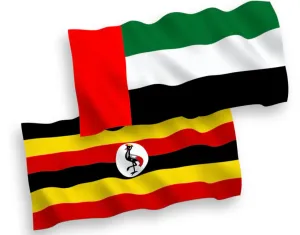
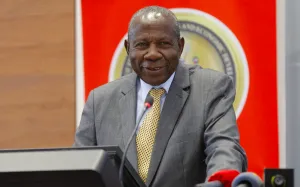
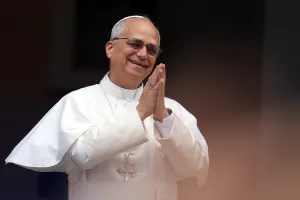

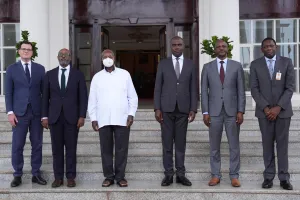





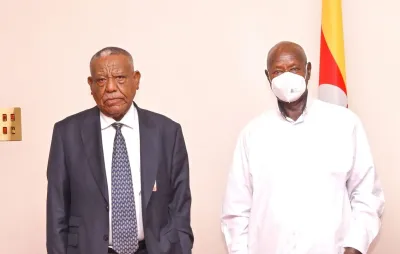
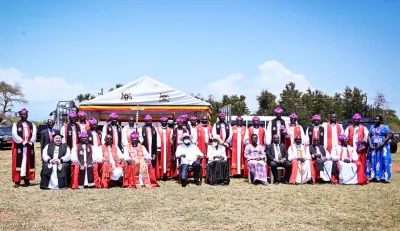
Sunrise reporter
Leave a Comment
Your email address will not be published.